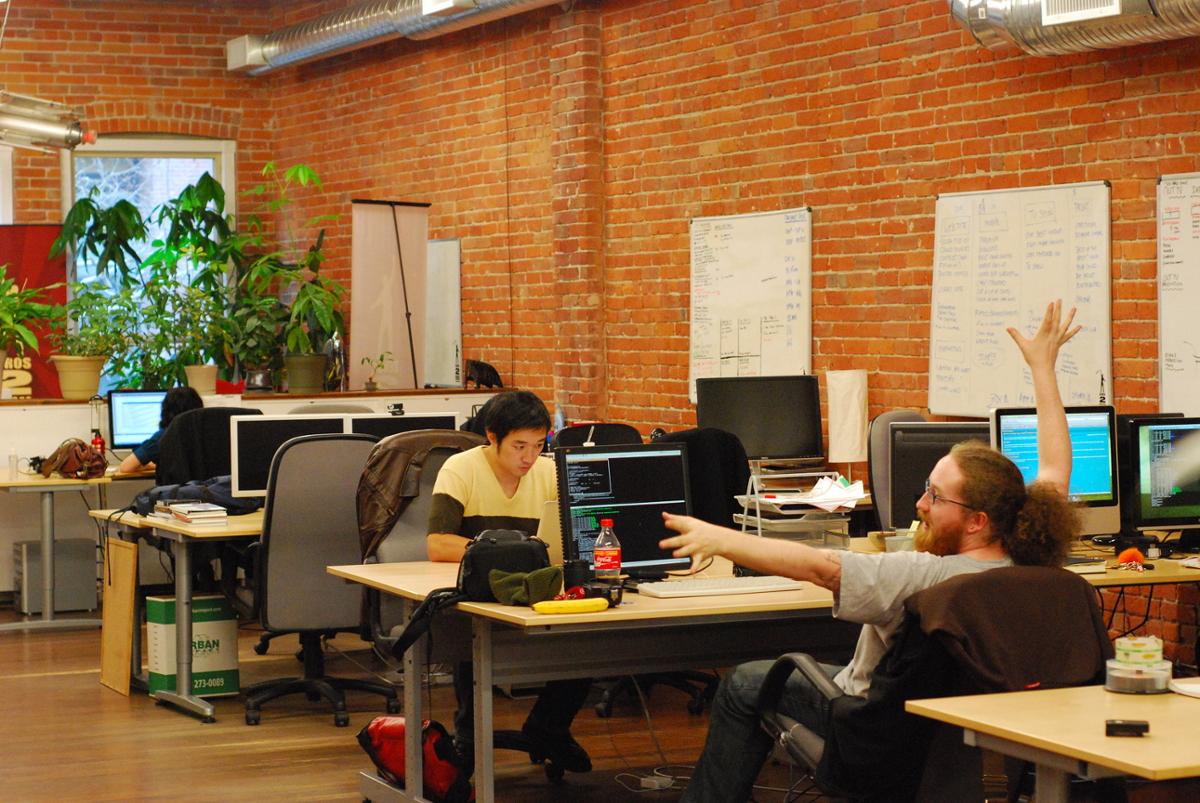Y: So Don, today we're going to do a little experiment. Ready? I want you to imagine a co‑worker and describe him or her.
D: You mean imagine you, Yaël?
Y: No‑‑make someone up who works for A Moment of Science. I know it's a little weird, but just go with it.
D: OK--uhm--I'm imagining a guy who takes his work seriously. He's a good collaborator but has his own ideas that he's not shy about sharing. And, I think he's very dedicated to what he does. Even though he's been doing his job for a long while, he still really likes it and looks forward to putting together good segments.
Y: Very interesting. The person you just described sounds a lot like you.
D: Really?
Y: Sure. It's no surprise that your description of an imaginary co‑worker says a lot about how your perceive the world. Researchers at the University of Nebraska‑Lincoln did a similar experiment with hundreds of people working in a wide range of jobs. And they found that those who described imaginary co‑workers as productive and able to handle challenges and rebound from mistakes were typically themselves happier and more productive at work.
D: I see. So if I force myself to imagine a happy, well‑rounded co‑worker, will that help me do better at work?
Y: Interesting question. The study doesn't really address it, but it's possible that conjuring a more positive mind‑set can improve your overall well‑being, including being happy at work. And perhaps imagining someone else with the qualities you admire is one way to develop them in yourself.









